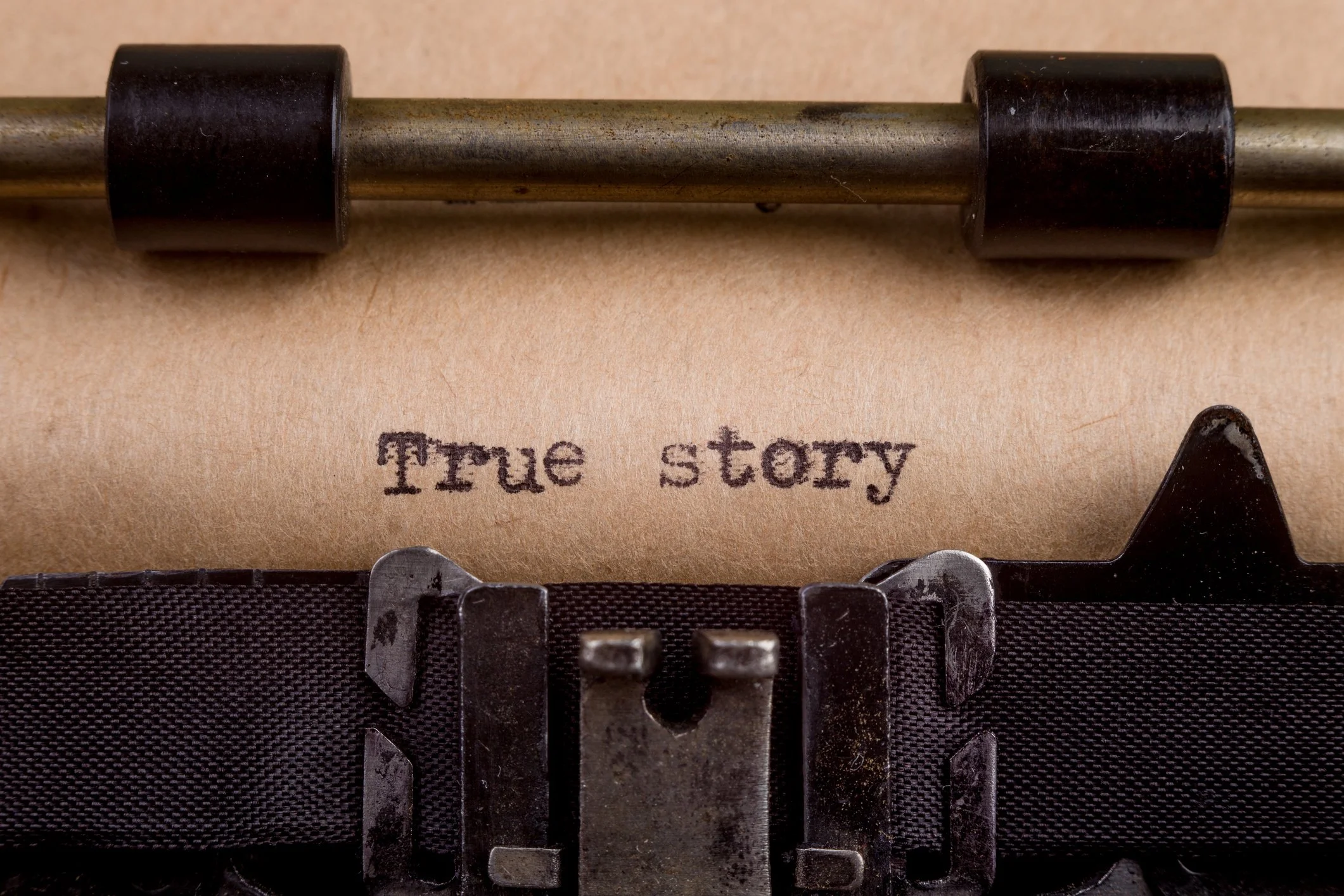Can The Truth Really Set You Free?
We all have a story, a narrative that we carry, highlighting the events that got us to this very moment. Our stories have different chapters, some exciting, some painful, and others we’d rather not share. We hide from the truth of who we are out of fear. For good reason, our world can be a judgy place.
Naturally, out of protection, we wear a mask that says, I’m good or I’m fine.
I often question how the script would shift if we got brutally honest, shining light on the raw, behind the scenes moments. Yes, judgments would still exist, but would they prevail amidst an experience that says, I’m not okay or I thought this would be easier.
I’m also curious to know how conditioning plays a role. Are we more interested in the dramatics of a story or a happy ending, or quick to disengage if the content connects us to our own discomfort? If so, no wonder we don’t openly share the hard realities of who we are.
We’ve confined ourselves to a box that limits us from sharing our authenticity, neglecting the hidden power behind shared experience and collective healing, therefore keeping us in our own suffering. The more we hold on and hide, the deeper the scars. We could apply this habitual pattern to most experiences, taboo topics carrying a heavier weight.
Taking the mask off is a vulnerable choice, yet once removed, experiences take on different shades. Truth becomes a sharpened edge, piercing through deceit, allowing the narrative to be rewritten and the opportunity to embrace every aspect of who we are, mess included.
As we do, we need to re-examine two things.
1. Freedom:
The saying goes, “The truth will set you free,” yet I think we need to expand on this. I would suggest, the level of freedom you desire will depend on the depths of your honesty. The more truthful you are, the freer you will feel.
This is about owning all parts of our narrative, the good, the bad, the ugly, and fiercely stepping up and taking responsibility for our part in what happened. How did we impact what happened? What role did we play? Pointing fingers and placing blame is an option, an easier one at times, but it also keeps our truth hidden in the shadows.
We also can’t outrun a story already written, or own only part of it, minimizing what happened or neglecting our true feelings. If we try, it can show up in different ways such as depression or anxiety, and impact our relationships or capacity to engage in our daily routine with focus.
Truth will continue to obsessively poke at us to bear our truth, desperately asking us to own what was and what is. The choice is yours to make, when you’re ready of course. So, ask yourself, how free do I want to be?
2. Fear:
Science tells us that fear is a primitive response, an alarm that prompts a physiological response in the body, waking your nervous system and preparing your body for fight-or-flight. From this perspective, fear is adaptive, keeping us safe from danger.
Biology aside, what about fear that is self-inflicted? The fear that changes shape and lives largely in our mind; one day a faceless, abstract concept provoking insecurities, then another a concrete representation of an unresolved past.
Looking in the mirror is a bold choice, yet it’s more daring to stare with intent, refusing to turn away. When we hold space for our truth to be unleashed, we see its true size and we see its depth. Yes, it will induce fear. Yes, it will stimulate unwanted feelings, yet the more you gaze, or peek for starters, the easier it becomes.
Here’s another piece to consider. If we are expecting others to hear our truth, judgment-free, and with an open mind, then we need to be holding this compassionate space for ourselves first and foremost. We need to be our own audience that says, “I see you and I hear you.” If not, we’re giving energy to others to determine if our story is worthy of whatever merit we’ve attached to it.
Truth, freedom, and fear, an intricate trio that leave us with a choice. Do we let them live under a mask, or do we bravely acknowledge the stories that came before, own our narrative, and give freedom the opportunity to prevail over fear?
THIS ARTICLE WAS FEATURED IN




